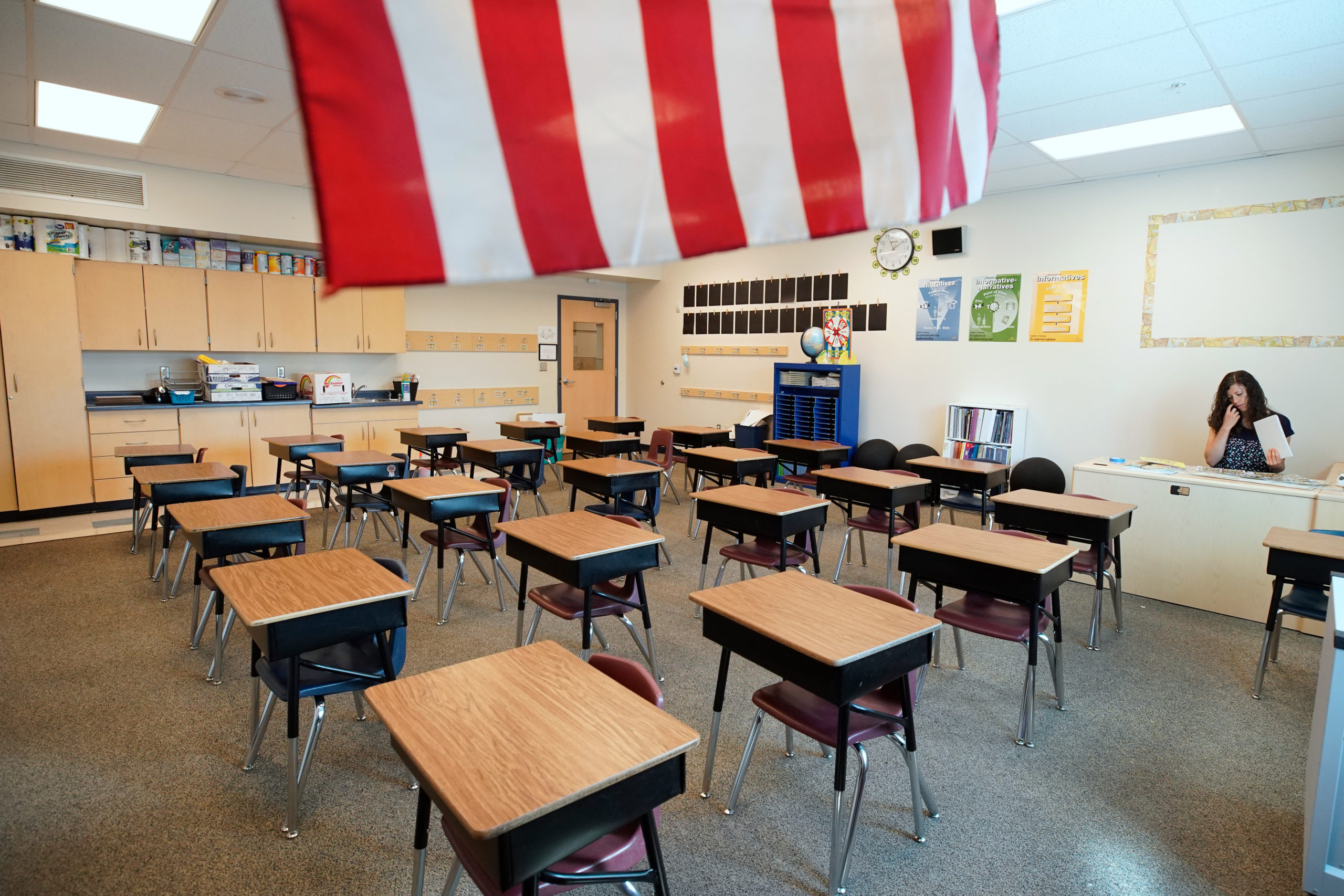Teachers at Tennessee public schools criticized the state’s ban on Critical Race Theory (CRT) instruction, saying it will hurt their ability to teach students about racism, Chalkbeat reported Monday.
The Tennessee General Assembly banned CRT instruction in early May, preventing schools from teaching students that an individual is inherently a racist or an oppressor because of their race, or that the U.S. is an inherently racist country, the Tennessean reported. Schools that do teach CRT could have funds withheld by the state.
BREAKING: The Tennessee State House passes a bill banning critical race theory indoctrination in public schools. The legislation, which moves to the Senate, would prohibit schools from promoting race essentialism, collective guilt, and state-sanctioned racism. The fight is on. pic.twitter.com/RtIVb8lcyQ
— Christopher F. Rufo ⚔️ (@realchrisrufo) May 5, 2021
Some teachers plan to continue teaching elements of CRT anyways, while others view the ban as harmful for students who need to be taught about subjects like racism based on the CRT framework because it helps develop critical thinking skills, Chalkbeat reported.
CRT holds that America is fundamentally racist, yet teaches students to view every social interaction and person in terms of race. Its adherents pursue “antiracism” through the end of merit, objective truth and the adoption of race-based policies.
Liz Jarvis, an English as a second language teacher at Cornerstone Prep in Memphis, said she plans to flout the law, which she said favors white children.
“To be frank, the bill will not make it harder for my personal classroom because I plan to ignore it,” Jarvis said, according to Chalkbeat.
“Who’s going to enforce it? This is a bill that viciously favors white children and ignores the needs of children of color. All the reported reasons I read that were given by the lawmakers were to protect the feelings of white children, with no thought or concern to what is best for society as a whole or for children of color,” she added.
Michael Pleasants, a substitute teacher at another Memphis public middle school, said that the bill’s wording doesn’t appear to prevent him from “teaching that redlining is racist, or many cops treat black people worse than white people.”
Travis Vaughn, a math teacher at LEAD Southeast High School in Nashville, said that most of his students face racism.
“Good teachers should be teaching the truth, which is that every system in the U.S. is built on racism and white supremacy,” Vaughn said, according to Chalkbeat.

(Photo by George Frey/Getty Images)
Gabriel Ares, a social studies teacher at a Memphis public school said that the bill strengthens the idea that history and social studies “should consist of arbitrary facts” without context, and that “facts alone do not hone [childrens’] critical thinking skills.”
Tennessee is one of multiple states to have pushed bans on CRT in 2021. Oklahoma lawmakers passed a bill in May prohibiting public schools and universities from teaching that “one race or sex is inherently superior to another” or that someone is “inherently racist, sexist or oppressive” because of their race or sex.
Oklahoma City School Board members also rebuked their state’s bill, with one member saying it was intended to “protect white fragility.” (RELATED: Entire Public School Board Freaks Out From Critical Race Theory Ban In Oklahoma, Member Blames ‘White Fragility’)
The Oklahoma law was signed roughly two weeks after Idaho became the first state to prevent teachers or CRT facilitators from forcing students or other school staff to adopt the ideas in CRT.
Numerous public schools across the country have implemented CRT in their curricula. Buffalo Public Schools reportedly required kindergarten students to participate in a lesson on “racist police and state-sanctioned violence” which involved showing images of black children who have died.
At R.I. Meyerholz Elementary School, part of the Cupertino Union School District in San Jose, Calif., third-grade students were reportedly told to deconstruct their racial and sexual identities in order to understand “power and privilege.”












